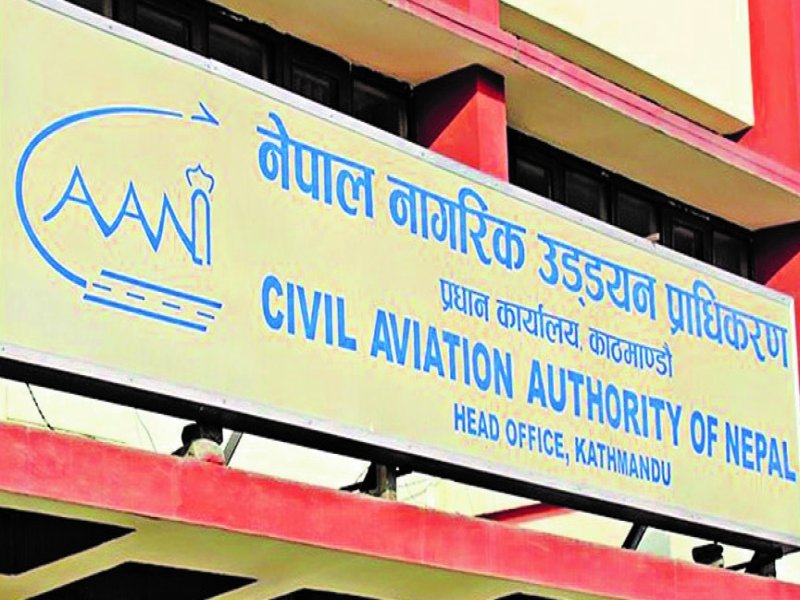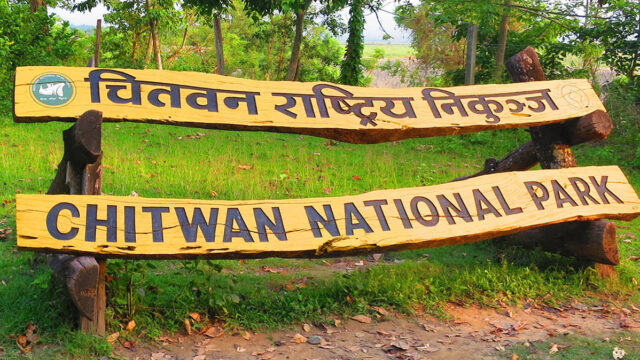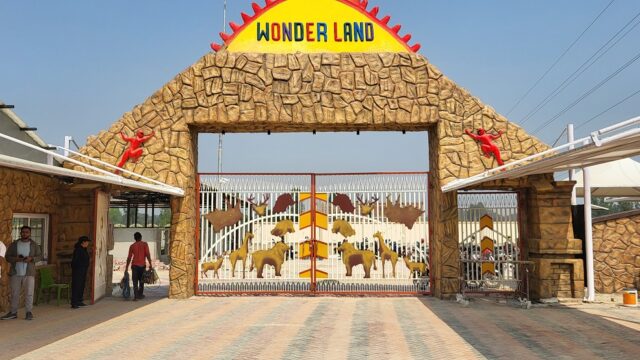To enhance the organization and safety of Nepal’s aviation sector, experts and stakeholders have stressed the importance of institutional reform rather than dividing the existing Civil Aviation Authority of Nepal (CAAN). The views were presented during a meeting of the International Relations and Tourism Committee of the House of Representatives held today.
Institutional Reform, Not Division, Is the Need of the Hour
Former Secretary of the Government of Nepal, Kishore Thapa, emphasized the urgent need to reform CAAN’s existing structure instead of creating two separate bodies. Citing international examples, including France, where a unified authority oversees civil aviation services, Thapa argued that Nepal does not need to establish separate entities to regulate and manage civil aviation.
“We do not need to form two different authorities. Instead, we should make the current authority more efficient and well-structured,” said Thapa. He further suggested that the Ministry of Culture, Tourism, and Civil Aviation should strengthen its aviation division and that the government should prioritize long-term structural planning over rushing to pass new legislation.
Thapa also criticized the proposed Nepal Aviation Service Authority Bill, 2081, for lacking reference to key provisions from the Civil Aviation Act of 2015. According to him, this oversight undermines the legal robustness of the proposed changes.
Structural Weaknesses Overlooked in Proposed Bill
Former Director General of CAAN, Ratis Chandra Lal Suman, also raised concerns about the plan to split the civil aviation body. According to Suman, simply creating two different agencies will not automatically improve aviation safety. He noted that CAAN has so far been more focused on service delivery and profit generation, while neglecting its critical regulatory role.
“Safety cannot be achieved simply by creating new institutions. The real issue is that there is not enough investment in aviation safety,” said Suman. “Airports and services are often seen only through a profit lens. But there needs to be significant investment in safety infrastructure as well.”
He further emphasized that the existing budget allocation for safety mechanisms is insufficient, leading to limitations in safety upgrades and oversight capabilities.
Proposed Aviation Authority Bill Registered in Parliament
The Nepal Aviation Service Authority Bill, 2081, was officially registered in the House of Representatives on Magh 19, 2081 BS (February 2, 2025). The bill proposes the division of CAAN into two entities—one for service delivery and another for regulation. However, this proposal has drawn criticism from aviation experts who argue that structural enhancement within the existing institution is a more sustainable approach.
Committee Seeks Expert Advice on Aviation Safety
During the committee meeting, Minister for Culture, Tourism, and Civil Aviation, Badri Prasad Pandey, sought advice from aviation experts regarding effective measures to improve the country’s aviation safety standards. The minister expressed the government’s openness to constructive suggestions that can be incorporated into the proposed bill or broader aviation policy reforms.
Chairperson of the Committee, Rajkishore Yadav, informed the meeting that the purpose of the session was to collect expert opinions on how to improve Nepal’s aviation sector. He said that the meeting focused on identifying necessary measures for better organization and safety in civil aviation, and what should be incorporated in the proposed bill to ensure sustainable development in the sector.
“The goal is to make Nepal’s aviation services safer, more reliable, and internationally recognized. We are consulting with experts to ensure the proposed legislation reflects both global best practices and national needs,” said Yadav.
Expert Consultation Highlights Broader Concerns
The committee held a detailed discussion on the provisions of the proposed bill and invited presentations from aviation experts. The consultations focused on existing gaps in governance, safety, and institutional effectiveness. Experts highlighted the importance of capacity building, clear role definition, and strategic investment in aviation infrastructure.
They collectively suggested that before any structural split is made, there should be a thorough review of the current system, and reforms should be introduced step-by-step with a strong focus on safety and accountability.
The debate around the proposed split of the Civil Aviation Authority has brought important structural issues to the forefront. While the government is aiming to bring reform through new legislation, experts have cautioned against hasty decisions that may lead to administrative fragmentation without solving core issues related to safety and regulation.
Instead, they recommend strengthening the institutional capacity of the current CAAN structure, improving the aviation division within the ministry, and investing more significantly in safety mechanisms. The ongoing dialogue between policymakers and sector experts is a critical step in shaping a more secure and efficient future for Nepal’s aviation industry.






